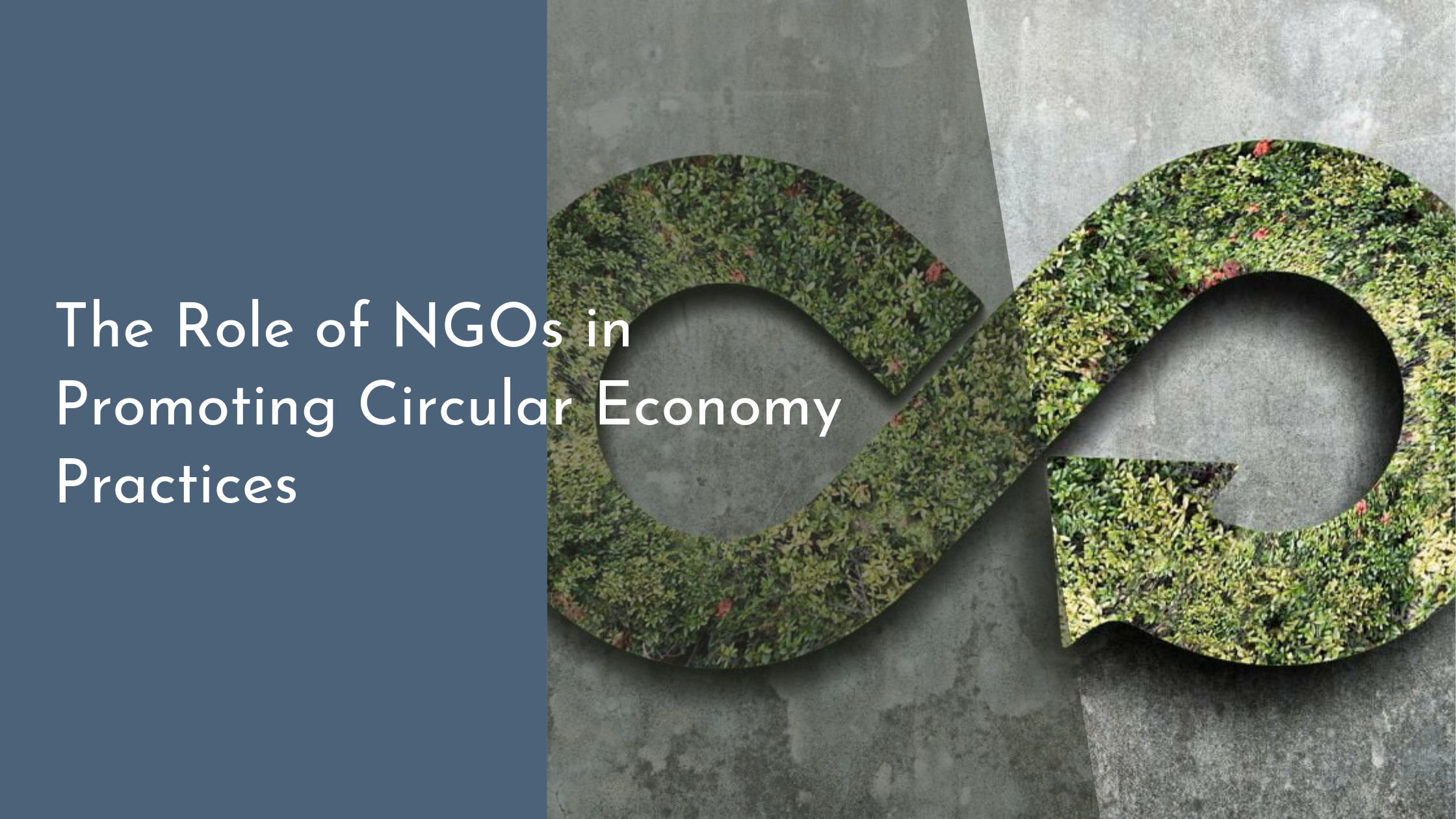The Role of NGOs in Promoting Circular Economy Practices
In an era where sustainable development and environmental conservation take center stage, the circular economy has emerged as a pivotal strategy to revolutionize how we produce, consume, and dispose of goods. Non-Governmental Organizations (NGOs) have taken a leading role in fostering these practices, leveraging their unique positions to promote sustainable transformations. By examining the foundations of circular economy principles and exploring NGO contributions, successes, and their path to a greener future, we can understand how these organizations are pivotal in fostering a world where resources are used optimally.
Understanding Circular Economy Basics
The concept of a circular economy revolves around minimizing waste and making the most of resources by creating closed-loop systems where products, materials, and resources are reused, repaired, refurbished, and recycled as much as possible. Unlike the traditional linear economy model, which follows a ‘take, make, dispose’ approach, the circular economy emphasizes sustainability, resource efficiency, and longevity. This innovative model not only seeks to mitigate environmental impacts but also aims to create economic opportunities and social benefits by transforming waste into wealth and fostering innovation.
Transitioning to a circular economy requires systemic changes across industries, governments, and communities. It involves redesigning products and processes to eliminate waste, using renewable energy sources, and encouraging collaboration across sectors. Education and awareness are vital in this transformation, as understanding and acceptance of circular practices by individuals and businesses alike can lead to widespread adoption and substantial positive impact. NGOs play a crucial role in bridging gaps and fostering a deeper understanding of these principles.
Key Contributions of NGOs to Sustainability
NGOs are instrumental in advocating for sustainable practices and policies that align with circular economy principles. They operate at the grassroots level to educate communities, influence policy-makers, and support businesses in adopting circular practices. Through campaigns, workshops, and partnerships, NGOs raise awareness about the benefits of a circular economy, from reducing environmental degradation to promoting economic resilience. Their work often involves crafting compelling narratives that highlight the tangible benefits of sustainable living, making the idea of a circular economy accessible and appealing to diverse audiences.
Moreover, NGOs serve as vital intermediaries between various stakeholders – from governments to the private sector to communities. Their neutral stance allows them to facilitate dialogue and collaborate on projects that drive systemic change, such as establishing recycling programs, promoting eco-friendly product designs, or influencing legislation that encourages resource efficiency. By offering expertise, resources, and a platform for collaboration, NGOs empower other actors to integrate circularity into their operations, ultimately contributing to a more sustainable world.
Success Stories of NGO-Led Initiatives
One notable success story is the Ellen MacArthur Foundation, which has been at the forefront of promoting a global transition to a circular economy. Through their initiatives, they have worked with cities, governments, and companies worldwide to embed circular principles into their operations. Their Circular Economy 100 (CE100) program, for example, brings together businesses, innovators, and regions to collaborate on circular economy projects, sharing best practices, and developing innovative solutions to common challenges. This collaborative approach has led to significant advancements in reducing waste and increasing resource efficiency.
Another inspiring example is the work done by the NGO WasteAid, which focuses on tackling waste management challenges in low and middle-income countries. By providing training and support to local communities, WasteAid helps establish recycling enterprises that turn waste into a resource, creating jobs and reducing pollution in the process. Their initiatives not only enhance community resilience but also contribute to global efforts to combat climate change by reducing methane emissions from waste. These success stories underscore the transformative power of NGOs in promoting sustainable practices on the ground.
Conclusion: NGOs Paving the Way to a Greener Future
NGOs have positioned themselves as key players in the promotion and adoption of circular economy practices, driving transformations in how we think about and interact with resources. Their ability to educate, advocate, and collaborate across multiple sectors and levels of society is crucial in fostering a widespread understanding and implementation of circular economy principles. By continuing to leverage their unique position, NGOs can catalyze the systemic changes needed to transition from a linear to a circular economy model.
As the world continues to grapple with environmental and economic challenges, the role of NGOs in promoting circular economy practices becomes increasingly vital. By pioneering innovative solutions, building networks of cooperation, and translating complex concepts into actionable strategies, NGOs are helping pave the way toward a more sustainable and resilient future. Their work not only inspires hope but also demonstrates that a collective, concerted effort can indeed lead to a greener, more sustainable world for generations to come.


